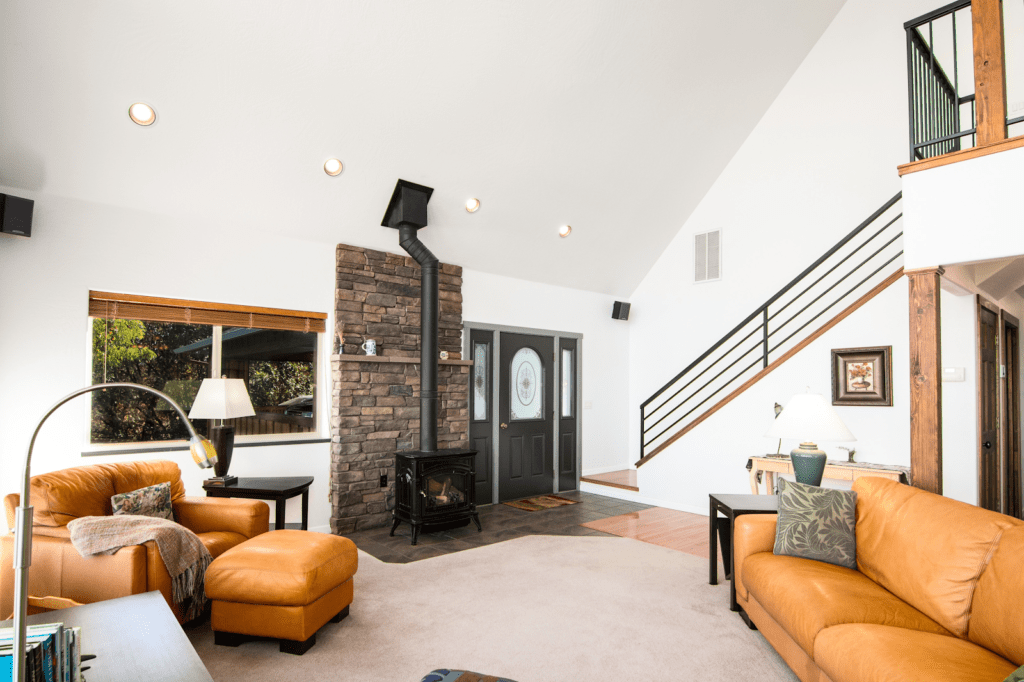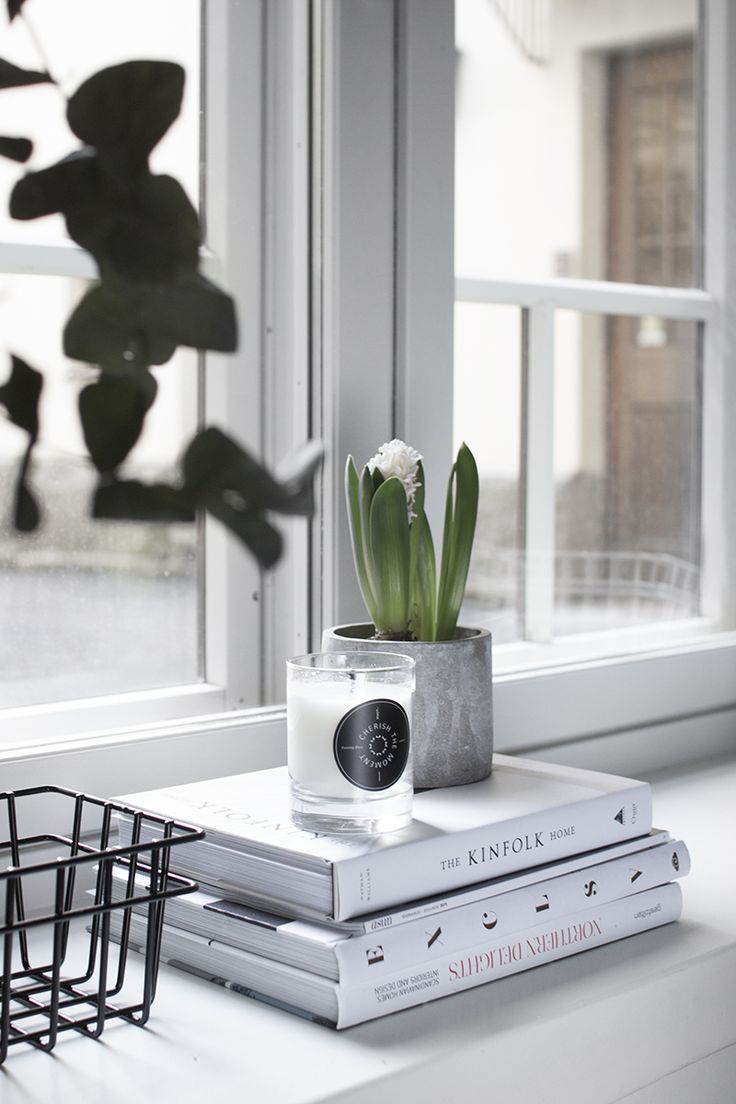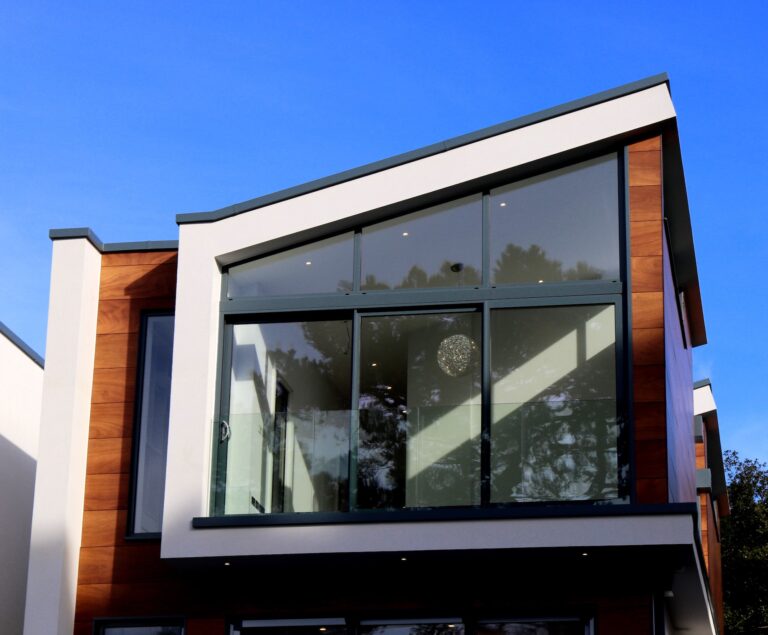5 Easy Firewood Stacking Techniques You Need To Know
When heating homes during the chilly winter months, firewood is often your best friend. However, the key to a warm and cozy home lies not only in the quality of your firewood but also in how you stack it. Efficient firewood stacking can make a significant difference in how well your wood burns and how long your supply lasts. Here are the firewood stacking techniques to help you achieve the utmost efficiency and warmth from your woodpile.
5 Easy Firewood Stacking Techniques You Need To Know
Stack firewood properly
Before delving into specific stacking methods, it’s essential to understand the fundamentals of stacking firewood. Stacking purchased wood from shops like Burn the Wood ensures good air circulation, reduces the risk of fire hazards, and allows the stacked firewood to season properly.
The wood pile foundation
Start stacking your firewood rack by creating a stable structure base. Use treated wood boards, cinder blocks, or metal roofing to prevent moisture buildup and maintain a dry environment.
This foundation is the cornerstone of successful firewood storage and ensures your stack wood remains dry and ready for burning.
Good air circulation
For efficient burning, it’s crucial to allow air to flow freely through the woodpile. Stacking the wood properly helps create air pockets between the logs, facilitating better combustion.
Adequate airflow through the wood pile not only ensures a clean burn but also prevents the split wood from becoming a fire hazard.
Traditional stacking methods
The Norwegian stacking method
The Norwegian stacking involves stacking firewood in a crisscross pattern to maximize stability and air circulation between wood stacks. It’s particularly effective for wet wood and oddly shaped logs.
By interlocking the firewood stack, you create a structure that minimizes the risk of collapsing woodpiles and promotes even drying.
The American stacking method
This method involves stacking wood in rows, deep and opposite in direction. It ensures a steady supply of dry wood and can be an excellent option for seasoned firewood or kiln-dried wood.
The alternating rows create a self-supporting structure storing firewood that allows for efficient seasoning and easy access to your woodpile throughout the winter.
The German method
The German method employs a round formation, allowing for better air circulation and an excellent visual presence for a wood rack. It’s an excellent choice for neatly stacked square-cut logs.
This circular stacking method not only enhances airflow but also adds an aesthetic touch to your wood storage, making it a focal point in your outdoor space.
The shaker woodpile
The Shaker woodpile is characterized by its disc shape, making it visually appealing while maintaining good enough air flow and circulation.
It’s a space-efficient option for those with limited storage. The circular shape of the Shaker woodpile not only optimizes space but also creates an eye-catching feature in your yard or storage area.
The end pillars stacking method
This unique method of wood stack-up involves creating end pillars with two split logs and stacking wood in between. It provides stability and is visually distinct.
The end pillar stacking method offers a practical solution for those who want a visually striking woodpile that’s also easy to access.
Protecting your firewood
Barked firewood covering
To prevent moisture and maintain the quality of your firewood stack, consider covering it with barked wood pieces. A barked firewood covering adds an extra layer of protection, preventing rain or snow from directly contacting your stacked wood.
Seasoned wood
Always use seasoned wood as it burns efficiently, and more wood produces less creosote buildup in your chimney, reducing the risk of fire hazards. Seasoned wood is the key to a clean and efficient burn. It not only produces less smoke but also reduces the need for frequent chimney cleaning.
Last words
Achieving warmth and efficiency in your home during the colder months is not just about how much wood you have. It’s about how you stack it. By following these firewood stacking techniques, you can ensure that your woodpile provides cozy nights and a roaring fire throughout the season.










